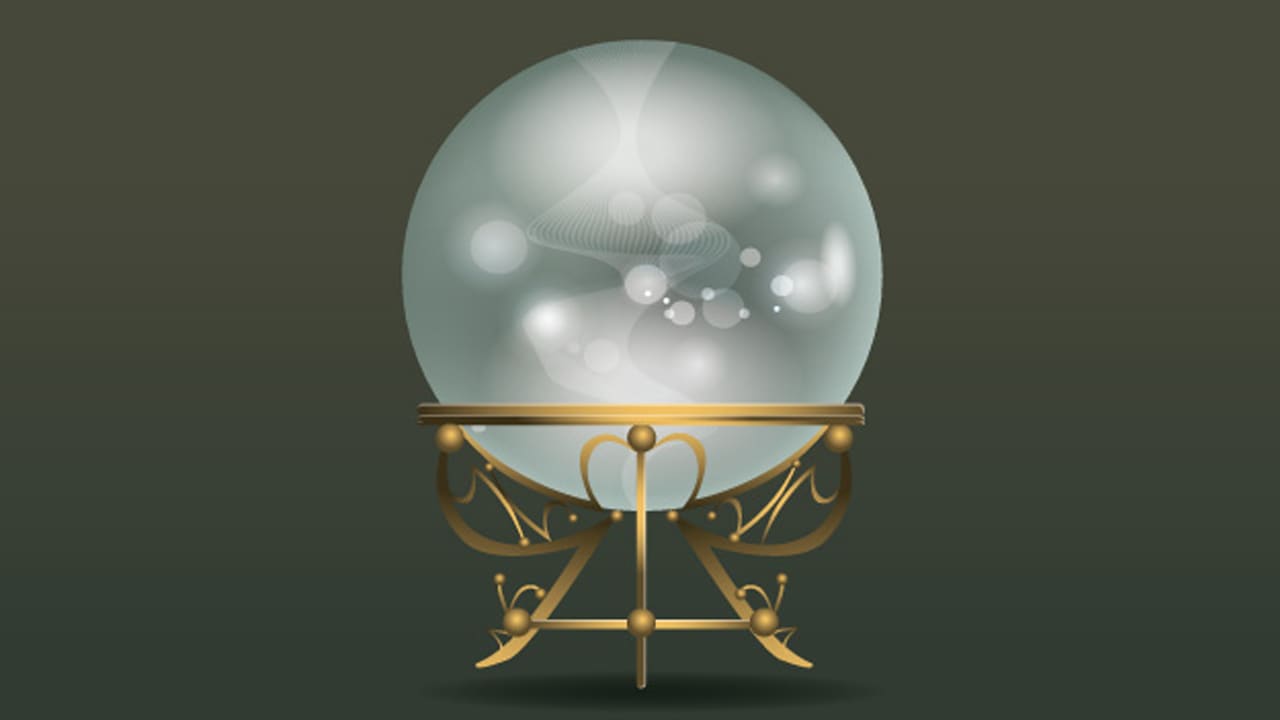HR in 2020 and beyond: What the future of HR holds

Talking about the future of HR usually comes loaded with jargon, difficult to comprehend concepts & almost impossible to implement ideas. According to some experts, the future will see technologies, including artificial intelligence, machine learning, & analytics, taking over the HR function. Their role will require cognitive up-skilling & creating cognitive elasticity in people. These terminologies have confused and overwhelmed the HR fraternity as they battle to handle the future, equipped with skills of the past.
One thing is clear, with the advent of technology, relevant skills are in short supply and with global economies sitting on a precarious perch, the right talent has become the most critical factor for business success. This makes the HR function the most essential function, probably only next to that of a CEO. Here is what the future of HR will look like in the 2020s:
Building business acumen
Today, talent cannot be evaluated on standard templates; it needs to be assessed on the ability to manage business complexities and to bring about change. Thus, HR needs to start developing core business acumen rather than standardized HR capabilities. Fundamental business drivers like economic growth, capital markets, changing customer behavior, competition and global business trends must be clearly understood by HR leaders. Only then will key attributes, over and above core technical competencies, be correctly identified. This will also help identifying talent that can quickly align to the company’s vision to deliver results.
Employee experience will supersede people management
No matter how strong an employer brand, it needs to keep innovating to attract or retain talent. Brands are falling like ninepins. The actual employee experience that starts with the first interaction with the organization to their entire cycle of employment is crucial today. In a talent-driven market where skilled employees are low in demand, talent cannot be taken for granted. The concept of employee engagement and management, which gauges their passion, commitment, and effort, will give way to employee experience, which is the journey that an employees takes in an organization. This includes everything from major milestones, professional relationships, technology and physical work. It's this big picture that HR will keep in mind while designing the seven stages of the employee life cycle: attract, hire, onboard, engage, perform, develop, and exit.
Choosing technology with caution
India is a land of great diversity, habits and cultures and technology cannot standardize such vastly geographic-centric behavioral issues. The lacklustre results of assessing people through psychometric testing and profiling is proof that human interaction will always remain key in the HR function. While data analytics and other tech tools will help manage feedback and support the management of burgeoning databases, the real impact of all these technologies is still in the realm of speculation. Since human biases have crept in technology as well, it needs to be utilized selectively.
Dynamic workplace culture
With “diversity” giving way to “inclusivity,” the days of static work cultures are over and the fluidity of thought will create dynamic cultures where inclusivity will thrive. While diversity focuses on the makeup of a company’s workforce - demographics such as gender, race, ethnicity, age, sexual orientation, veteran status - inclusion is a measure of culture that enables diversity to thrive. HR will have to create an inclusive culture wherein everyone’s contributions need to be valued, and individuals, regardless of who they are, have the opportunity to do their best work. This will be facilitated by working closely with CEOs to create an ever-moving flexible culture that is highly accommodating to its diversity.
Modern hiring will become influencing
Talent acquisition in an organization is responsible for finding, acquiring, assessing, and hiring candidates to fill roles that are required to meet company goals. Modern talent acquisition is a strategic function, which in addition to the above, is also responsible for workforce planning functions such as organizational talent forecasting, talent pipelining, and strategic talent assessment and development.
The challenge today is that job seekers are job shoppers; highly evolved and knowledgeable who do their homework before an interview. Millennials usually go for interviews as exploratory visits and would rather sit without a job than accept something that is not exciting enough. Hence, talent acquisition teams will become marketers who will create excitement for the role to attract candidates. Talent acquisition professionals will, in fact, become talent magnets and draw talent through credible influencing.
These factors will keep HR leaders and professionals on their toes, and help build the future of work. In my opinion, the role of HR will become so critical that every CEO’s leadership profile will have the attributes of a successful CHRO.


